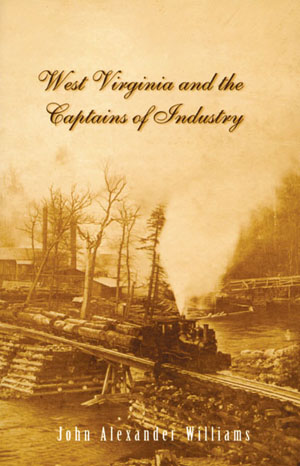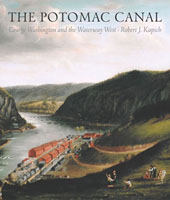Summary
The first period of the twentieth century—that stretch of years beginning in the 1870s and ending with the United States’ entry into World War I—is known as the Gilded Age. This was the era of the “Robber Barons” and the origin of modern America. These were the years in which developments in coal, steam, oil, and gas forged our national infrastructure. West Virginia and the Captains of Industry show how the excesses of the Gilded Age and the latitude our government accorded industrialists of the time created an impact on the fragile economy of our new state that accounts for much of the political and economic landscape of modern West Virginia. Gracefully written and thoroughly researched, West Virginia and the Captains of Industry has become a classic work of West Virginia history since its first publication by the West Virginia University Press in 1975. Anyone interested in the history of our state must read this revised edition; then again, so must anyone interested in the future of West Virginia.
Contents
- Acknowledgements
- 1. The New Dominion
- 2. The Politics of Coal
- 3. "The Great Cake Walk"
- 4. The Choice of the People?
- 5. The Boundless Resources
- 6. Reation and Reform
- 7. Years of Jubilee
- Appendix
- Notes
- Essay on Sources
- Index
- Maps
- West Virginia Counties and Cities
- West Virginia Railroads, ca. 1890–1910
- Photographs
- Johnson Newlon Camden
- Henry Gassaway Davis
- Stephen Benton Elkins
- Nathan Bay Scott
Author
John Alexander Williams received his PhD in history from Yale University in 1966, having studied with the eminent American historian, C. Vann Woodward. He taught at the University of Notre Dame and the University of Illinois at Chicago before joining the Department of History at West Virginia University in 1972. He is now professor of history at Appalachian State University in Boone, NC, having also directed the Center for Appalachian Studies for seven years.














